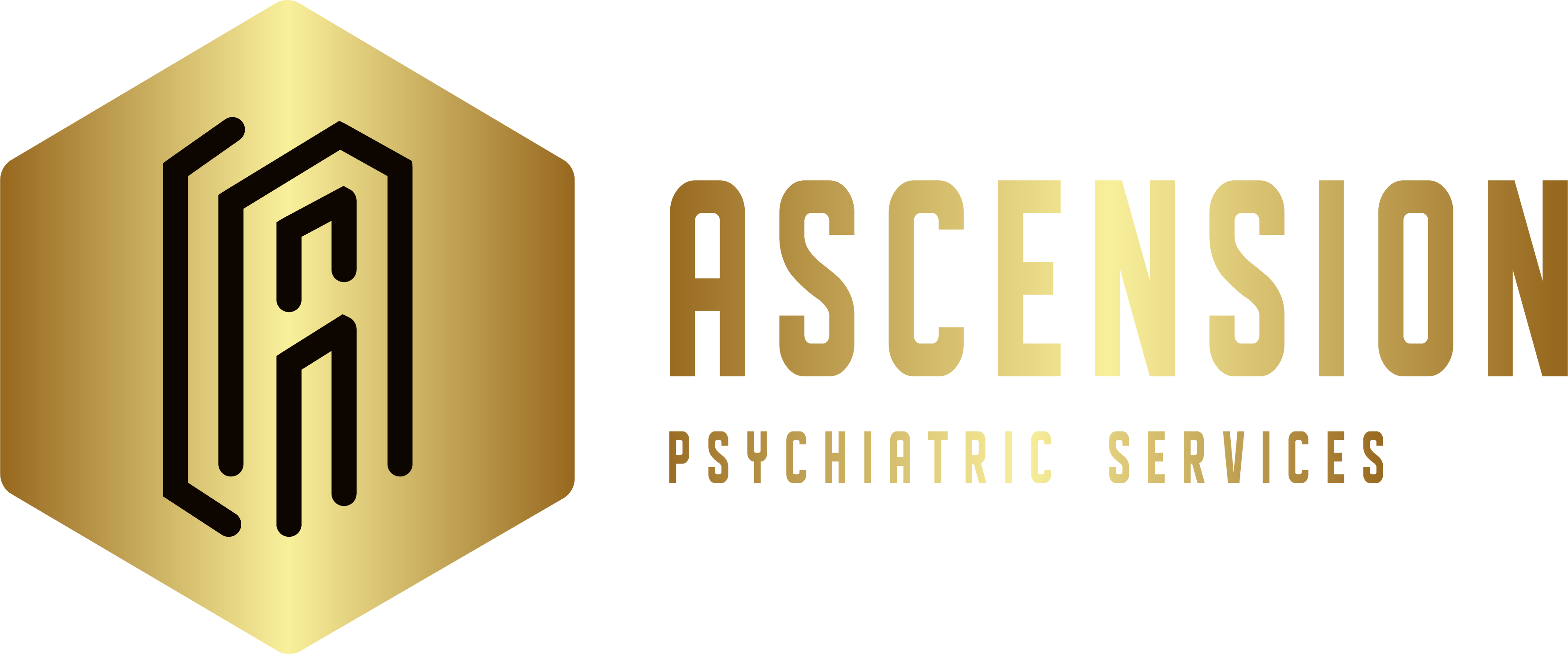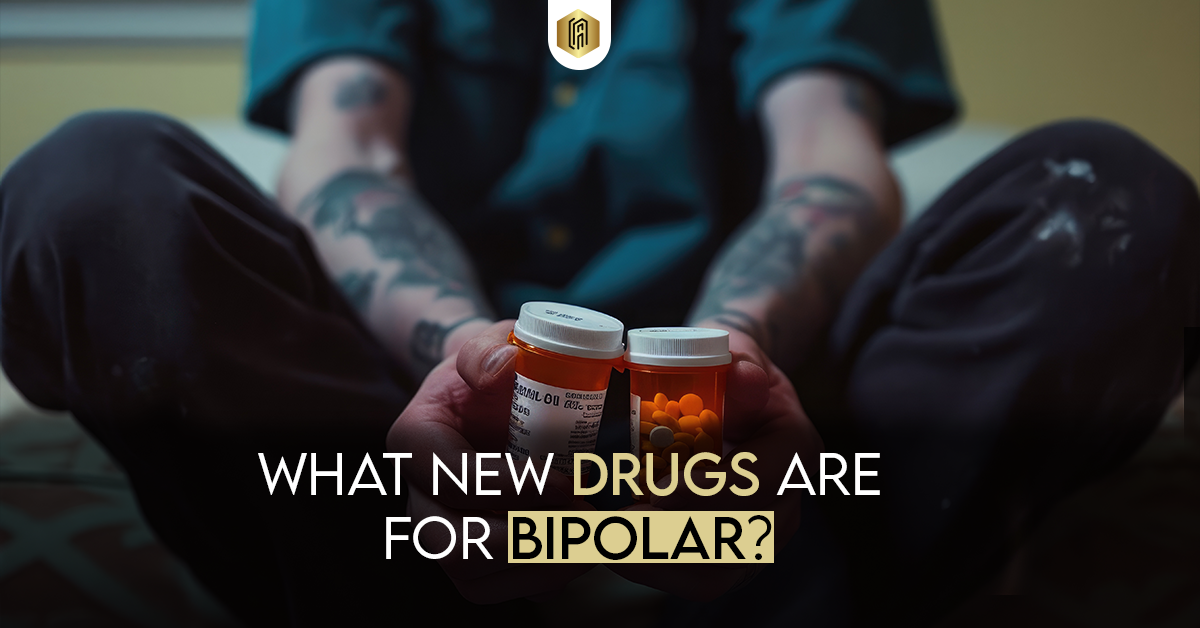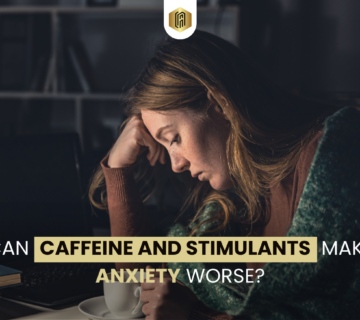Bipolar affliction is a psychiatric health challenge. It changes mindset, drive, and regular living. Managing it often requires a mix of medications and therapy.
However, research and ongoing Bipolar clinical trials are introducing new treatments. This progress offers hope, especially for those with treatment-resistant Bipolar disorder.
We will explore what new drugs are for Bipolar disorder, recent FDA-approved treatments, and resources for those affected in the United States.
Ascension Psychiatric Services offers care for Bipolar disorder. It provides support for mental health and helps family members manage symptoms. Reach out to us for further insights.
Understanding Bipolar Disorder and Its Challenges
Bipolar disorder is another name for manic-depression syndrome. It can greatly shift a person’s life, bonds with others, and overall wellness.
The condition stands out by severe mood changes, such as emotional peaks (mania or hypomania) and troughs (depression).
For a lot of people, discovering a helpful treatment approach is tough, particularly if they’re dealing with treatment-resistant Bipolar disorder.
People with this trouble might not react to typical Bipolar depression therapies or drugs. This makes fresh and creative treatments crucial.
Current Standard Medications for Bipolar Disorder
Before we get into what new drugs are for Bipolar disorder, it’s beneficial to grasp the usual drugs being used today. These are typically the ones doctors recommend to balance mood swings and prevent extreme highs or lows:
-
Mood Stabilizers
Lithium has strongly held the top position as a mood stabilizers for many years. But now, medicines like Lamotrigine are stepping onto the scene. Lithium remains a favorite, yet the rise of new solutions is receiving a warm welcome by doctors and patients. These new options offer fresh methods to balance moods.
-
Antipsychotic Treatments
Antipsychotics are handy tools in soothing manic episodes and mood fluctuations. Here, Olanzapine and Quetiapine are taking the lead. They grant stability in the rocky journey of someone with Bipolar disorder.
-
Antidepressants
These are potent for treating depression but can kick start mania in those with Bipolar. Hence, doctors hand them out carefully, balancing the pros and cons for each patient.
Responses to these medications vary. The best mood stabilizer for depression or mania may differ among patients.
What New Drugs Are for Bipolar Disorder?
New drug developments offer better treatments, showing promise in tests. Here, we explore the latest drugs that might treat Bipolar disorder.
-
Lumateperone (Brand Name: Caplyta)
Lumateperone is a fresh new option for fighting Bipolar depression. It differs from past antipsychotics. It changes how three brain chemicals work together.
They are vital to keeping our mood stable. Lumateperone helps those with depression. It avoids the common side effects of other antipsychotics, like weight gain and metabolic issues.
Key Benefits:
- Successful in diminishing depressive indicators in Bipolar illness.
- Low risk of significant weight gain or metabolic changes.
- Fewer side effects compared to traditional antipsychotics.
-
Cariprazine (Brand Name: Vraylar)
Cariprazine has come forward as a flexible choice, good for handling both the high and low swings in bipolar I disorder.
Its main job is to focus on dopamine receptors, providing a more pinpointed strategy for mood balance.
Cariprazine helps patients who may not tolerate other antipsychotics or who have severe mania.
Key Benefits:
- Efficiency in handling both manic and depressive symptoms.
- Dopamine-targeted, offering a more precise treatment mechanism.
- Lower risk of sedation and weight gain than some older antipsychotics.
-
Lurasidone (Brand Name: Latuda)
Lurasidone is a contemporary antipsychotic for Bipolar depression. It has a good balance of side effects. It’s praised for tackling depressive phases.
It does this without the sleep-inducing or metabolic effects of other medicines. It’s a proven ally for Bipolar depression sufferers who also want to keep side effects at a distance.
Key Benefits:
- Effective in treating depressive episodes with fewer side effects.
- Minimal sedation and reduced metabolic impact.
- Suitable for long-term use in Bipolar depression management.
Other Noteworthy Drug Developments in Bipolar Treatment
New antipsychotics and mood stabilizers work well now. Some new drugs focus on different parts of Bipolar disorder. They target inflammation and body clock rhythms. These factors probably influence mood. The mood is important.
-
Ketamine and Esketamine
Ketamine is showing promise as a fast solution for depression. In small amounts, it improves mood fast. Its derivative, esketamine, is now FDA-approved for tough cases.
Both drugs offer hope when standard treatments fail. They quickly alleviate symptoms. Esketamine might also help with Bipolar disorder, expanding its potential. This is vital for those facing severe depression.
Key benefits of Ketamine and Esketamine:
- Works within hours
- Effective for treatment-resistant cases
- Can reduce suicidal thoughts
These advances are paving new ways in mental health care.
-
Cannabidiol (CBD)
Cannabidiol (CBD) comes from cannabis. It stabilizes mood without causing a high. CBD may calm anxiety. It might also lift mood. This could probably help in Bipolar treatment.
While not FDA-approved for this, research shows promising effects. Its non-psychoactive nature means fewer side effects.
Potential benefits of CBD include:
- Eases anxiety
- Improves sleep
- Enhances effects of other mood stabilizers
Ongoing studies are uncovering more mental health benefits.
-
Valbenazine and Other VMAT2 Inhibitors
Valbenazine helps with tardive dyskinesia. Researchers are testing it for Bipolar disorder. The drug blocks VMAT2 proteins. This action changes dopamine in the brain.
Dopamine affects mood and movement. The change might improve the mood of patients. Valbenazine could be very useful if it works. This could stabilize moods and reduce mania.
Key points about Valbenazine:
- Promises to lessen manic symptoms
- Offers a new option for tough cases
- Has fewer motor side effects
Researchers view Valbenazine as a hopeful advance in treating Bipolar disorder.
What New Drugs Are for Bipolar Disorder? Looking Toward the Future
Understanding what new drugs are for Bipolar disorder is an evolving journey. Every year, new research on Bipolar disorder brings better treatment options.
Innovative antipsychotics and Bipolar stimulants are now available for hard-to-treat patients. So, seeing a specialist to learn about the latest options and nearby clinical trials is smart.
Inpatient centers across the United States offer full support, helping people achieve stability. These resources are a beacon of hope, guiding those with Bipolar disorder toward wellness.
How Can I Find Bipolar Clinical Trials Near Me?
Look for Bipolar clinical trials online. Different websites help people find these trials. Search by your location and interest, such as “Bipolar depression” or “treatment-resistant Bipolar disorder.”
Doctors may have details about local research opportunities. Your healthcare provider can be a helpful resource too.
Conclusion
Bipolar disorder can be tough, yet new medicines and therapies are bringing change. Exploring “What new drugs are for Bipolar disorder?” helps patients and their loved ones stay in the know and active in finding top-notch care.
Everyone’s journey to health is different. It might involve trying new drugs, joining studies, or seeking specialized help.
Mental health research is making progress, offering hope for better treatments. If you or someone you know has Bipolar disorder, contact Ascension Psychiatric Services.
We provide caring support, therapy, and medication. Also, offers new treatment options, aiming for a more stable, fulfilling life.
FAQs
Is there a shot available to treat Bipolar disorder?
Yes, some long-lasting antipsychotic injections serve as a shot for Bipolar disorder and help manage symptoms. They help people who struggle with daily pills. These injections are given every few weeks. They help stabilize mood.
What are the best mood stabilizers for Bipolar depression?
Lithium, lamotrigine, and antipsychotics are the best mood stabilizers for Bipolar depression. Doctors choose the right treatment by studying a patient’s health history and signs. They really must understand the patient’s needs. This is important.






No comment